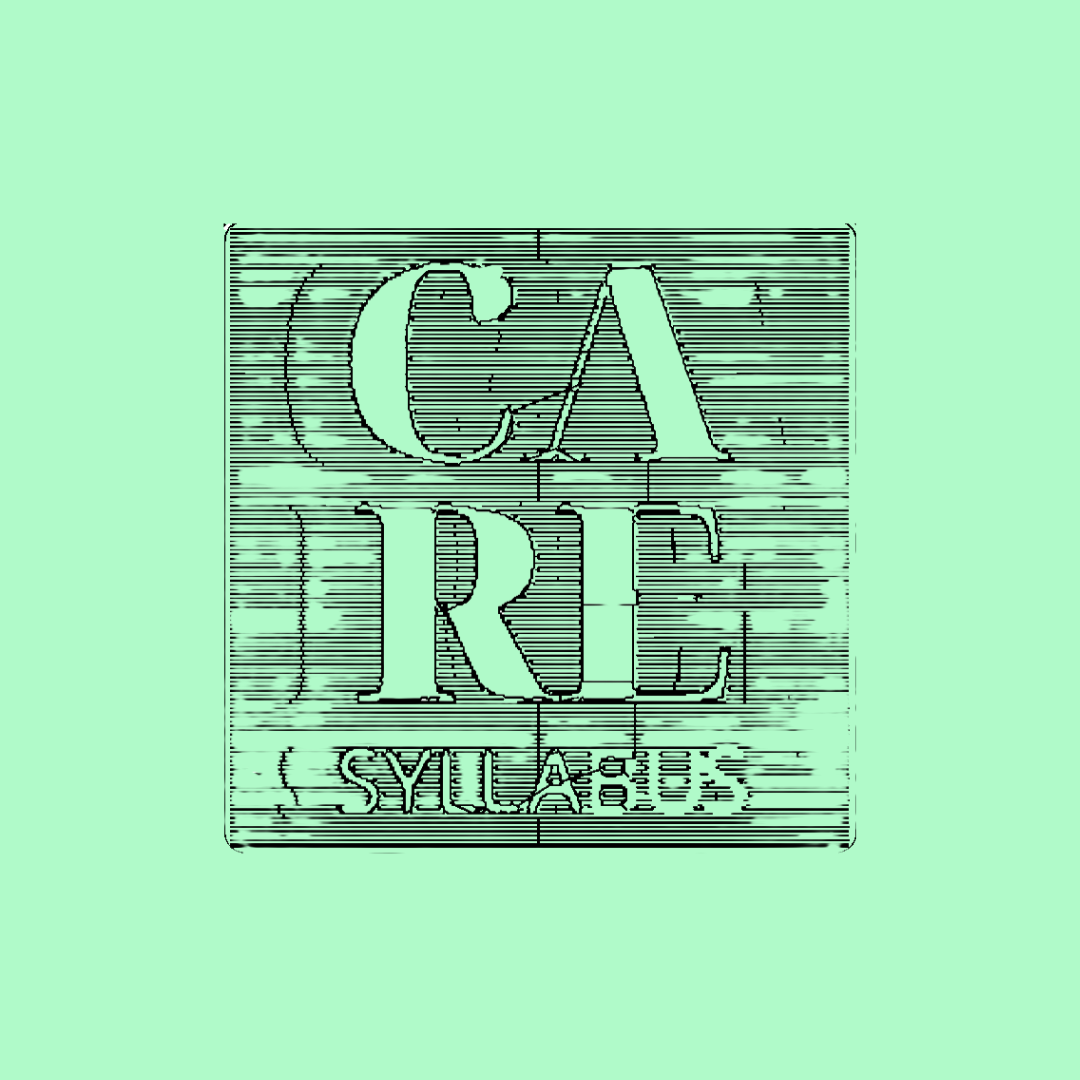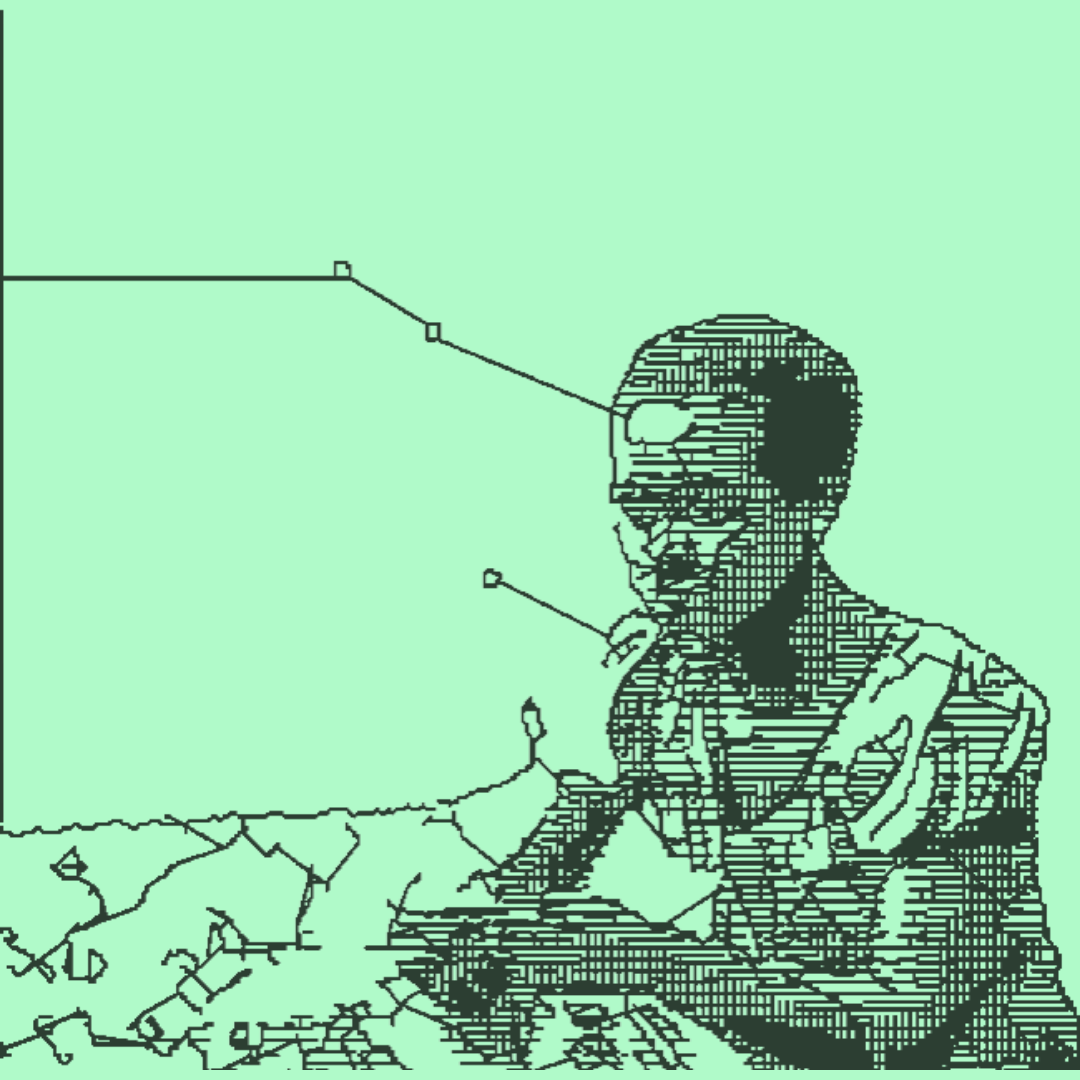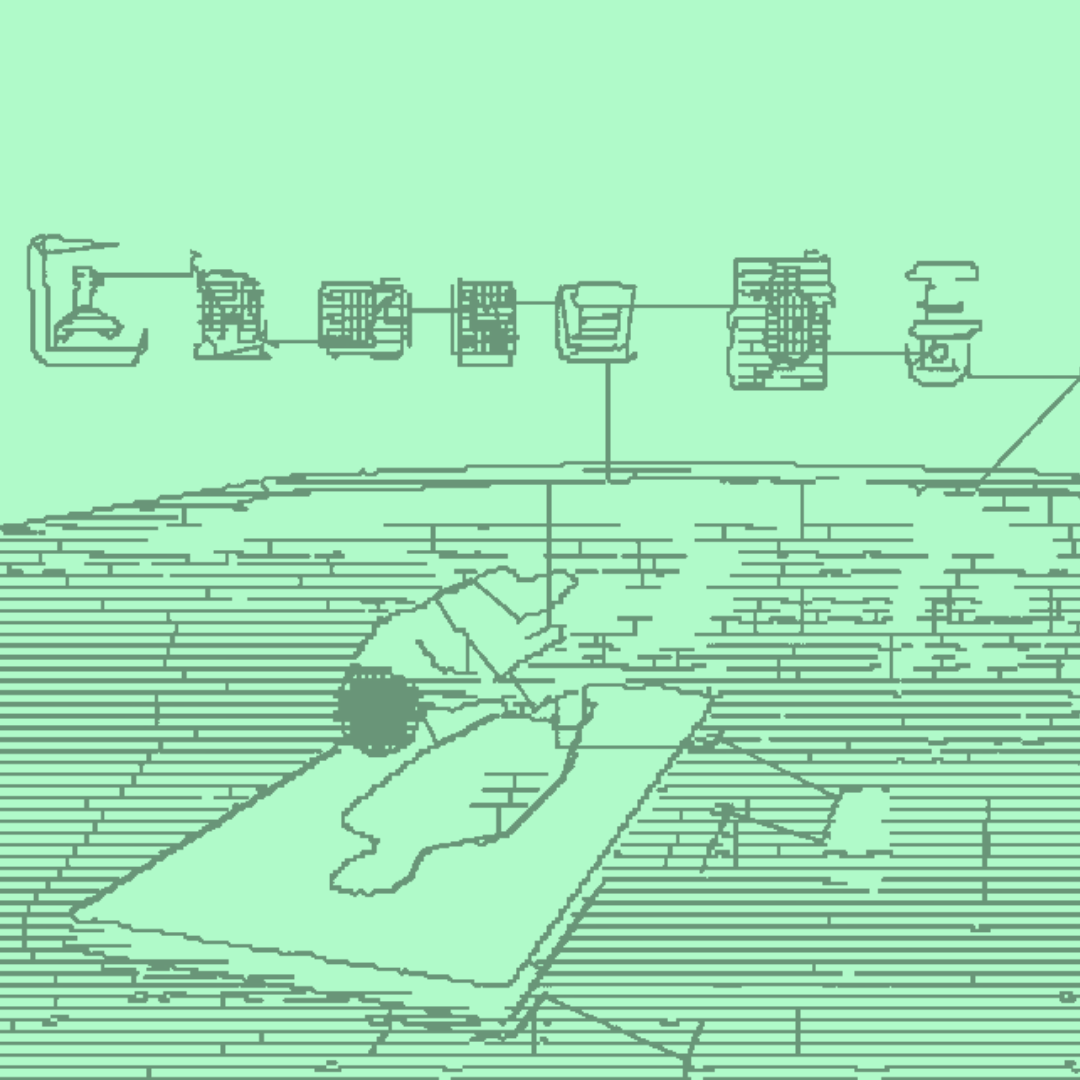
Rizvana Bradley

We are living in an era of immanent impurity. Modernity’s organization of space and time, and the principles of separability, determinancy, and sequentiality that support it, have been made utterly untenable by the catastrophic entanglement of the transatlantic slave trade, settler colonialism, and the global ascendency of capital.
How has modernity’s racially gendered violence impacted the ways in which we sense and feel?
In our disordered present, what can we make, and unmake, of this world?

In the Summer of 2021, the Williams College Museum of Art (WCMA) opened “Sweaty Concepts,” a celebration and study of feminist art and artists in the museum’s collection. The exhibition takes up scholar Sara Ahmed’s description of a sweaty concept as “one that comes out of a description of a body that is not at home in the world,” in order to explore the intellectual, emotional, and material labors of making place and space across differences. Responding to an invitation from CARE SYLLABUS and WCMA on the occasion of this exhibition, Dr. Rizvana Bradley’s module, “On the Impurity of Forms,” articulates a corollary proposition that takes the embodied resonances of both Ahmed’s concept and WCMA’s exhibition as a site of creative departure. Centering, in particular, the binds of Black womanhood rooted in histories of enslavement, Bradley asks:
“What kind of sweat is generated by those who are not so much “not at home in a world,” but simultaneously interdicted from the world and conscripted into the labor of its reproduction?” [1]
This pivot in attention to the conditions of Black womanhood and femininity — and as a result, to considerations of whom is cast out of the world, as well as what kinds of labor are violently erased as a condition of this world’s possibility — energizes the caring impulses that suffuse Bradley’s scholarship. Her work spans the fields of Black and feminist thought, affect theory and art history, as well as literature and film and media studies. In Bradley's hands, impurity is a modality of being differently with the negativity and dispossessive violence of modernity.
To reorient our thinking in these ways, Bradley connects marvelously discrepant scales and frames of analysis. In her work, popular humanizing narratives emerging out of contemporary liberal politics (especially those of care and repair) are turned inside out, revealing the colonial logics they perpetuate. Minor details and feelings from art and performance, meanwhile, are opened up as counterhegemonic sites to recalibrate and reimagine understandings of life in the face of anti-Blackness. Aesthetics, throughout, become a method of avowing the potentials of impure form: the hybrid materials of our present act as the foundation for sensing, laboring, and thinking anew, outside the confines of both objectivity and subjectivity. [2]
Assembled in this module are interviews, essays, a digital art gallery, lectures and conversations that feature Bradley’s recent work. What emerges from her scholarship is a unique lexicon and a distinctive grammar of feminist inquiry that is being taken up and transformed by artists and thinkers engaged with Black study and Black aesthetics. This is a project which does not promise “a home in the world,” but rather, as Bradley and Denise Ferreira Da Silva have recently characterized it, “the art of life in departure.” [3]
-The CARE SYLLABUS team
Notes
[1] Rizvana Bradley’s CARE SYLLABUS Interview, September 2021.
[2] Rizvana Bradley and Denise Ferreira Da Silva, “Four Theses on Aesthetics,” e-flux, September 2021.
[3] Bradley and Da Silva, “Four Theses on Aesthetics.”


“The Vicissitudes of Touch: Annotations on the Haptic.”
boundary2.org, November 2020.
“Picturing Catastrophe: The Visual Politics of Racial Reckoning.”
The Yale Review, Summer 2021.
“Reinventing Capacity: Black Femininity’s Lyrical Surplus, and the Cinematic Limits of 12 Years a Slave.”
Black Camera: An International Film Journal, 2015.

Gallery: Selections from “Sweaty Concepts” at the Williams College Museum of Art
A gallery of images from WCMA’s exhibition about contemporary feminisms. October 2021.
(Image: Installation view from Sweaty Concepts)

Below are video recordings featuring Dr. Bradley’s work. They provide critical entry points for understanding two concepts that underpin this module: hapticality, and a Glissantian poetics of relation.
“Introduction: There’s a Tear in the World: Touch After Finitude.”
Stedelijk Museum, Amsterdam, 2018.
“Language, Art, Bodies: Relation.”
Aria Dean, Autumn Knight, Rizvana Bradley.
The Kitchen, New York, 2018.


















